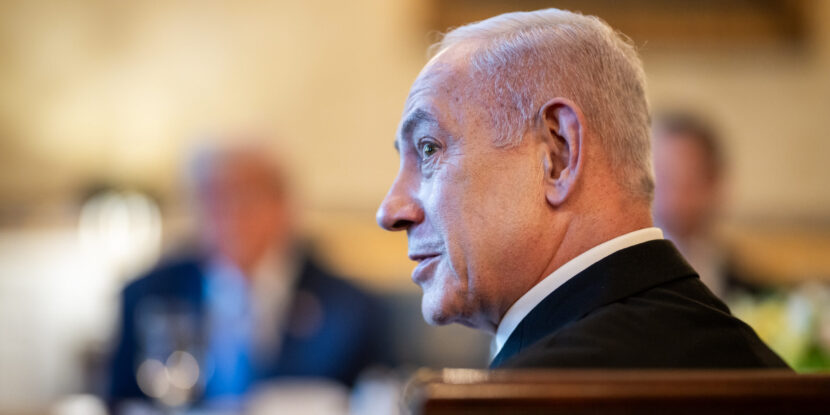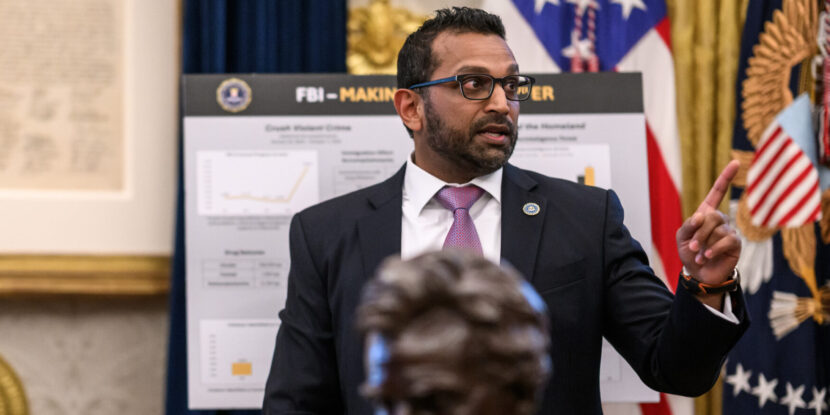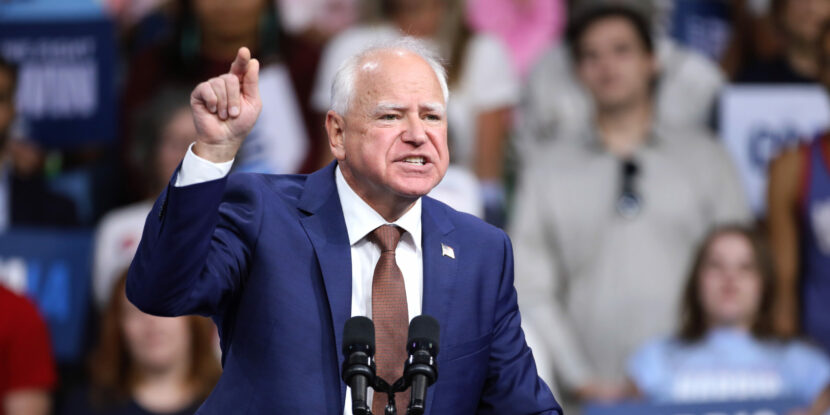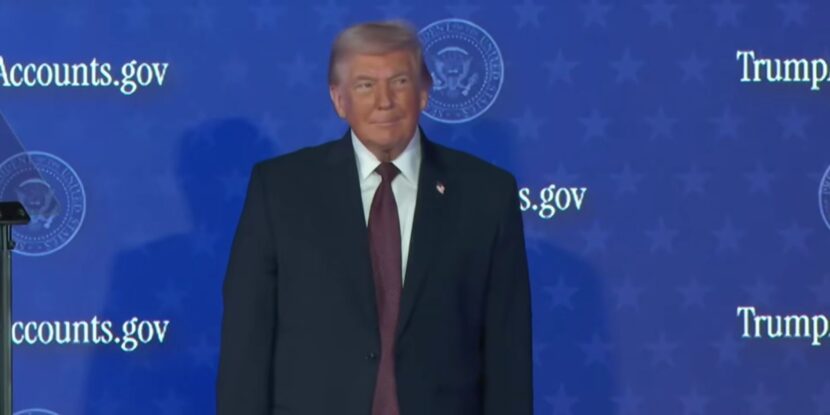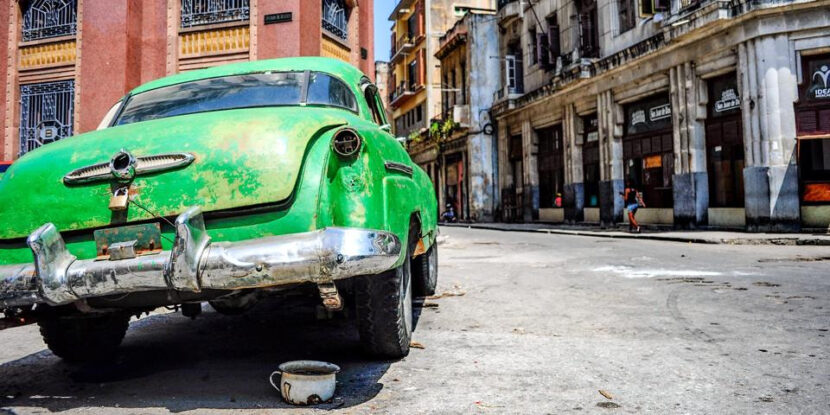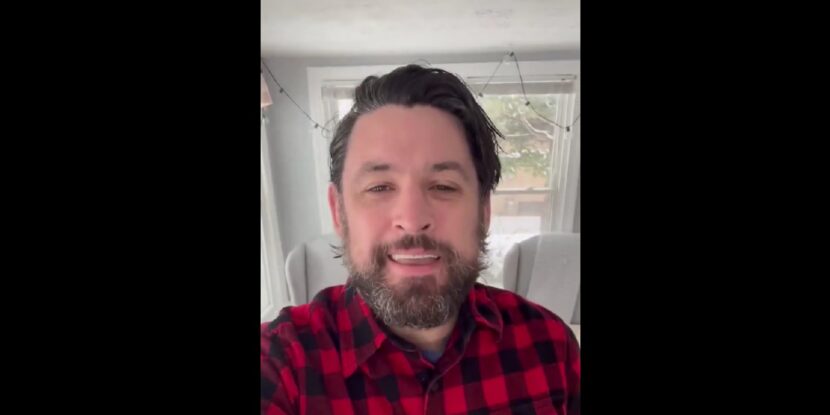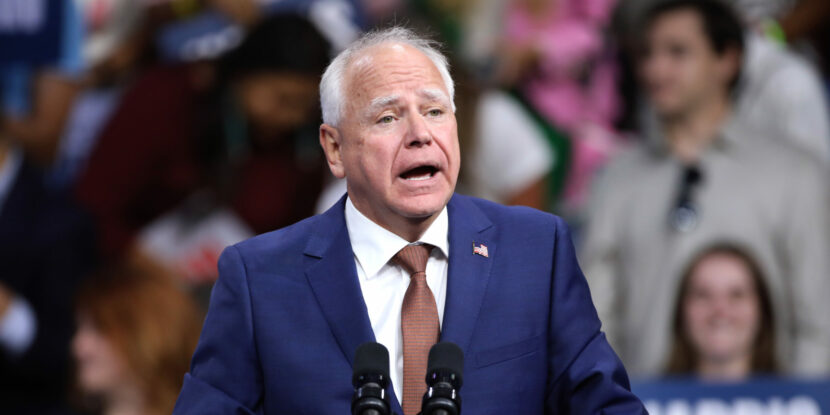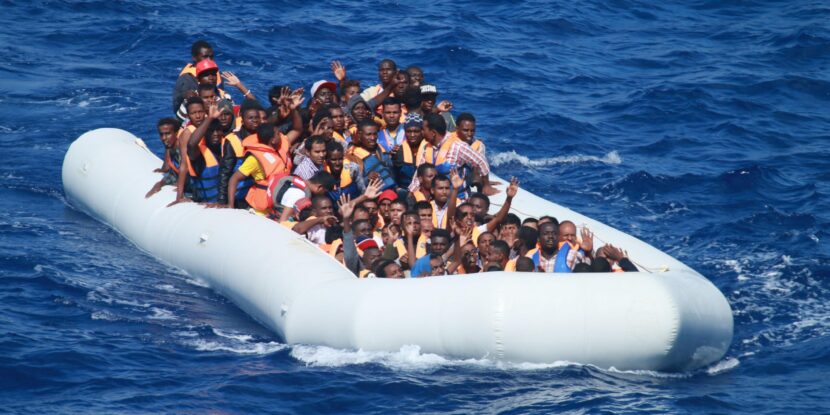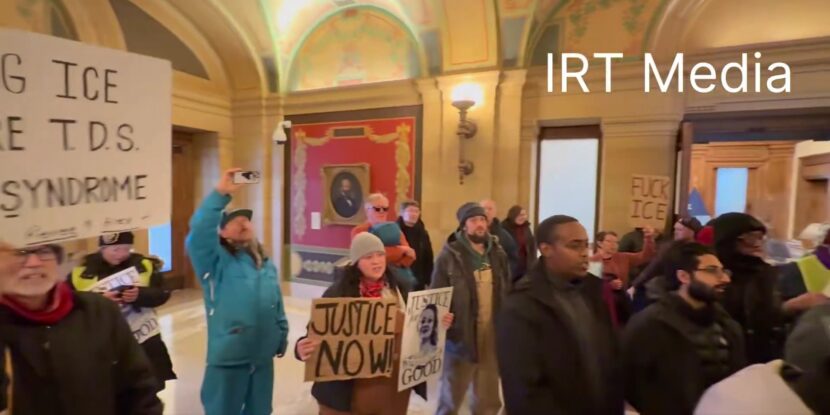❓WHAT HAPPENED: Israeli aircraft launched airstrikes on key military targets of the new Syrian regime after attacks on the Druze minority.
👤WHO WAS INVOLVED: Israel, Prime Minister Benjamin Netanyahu, Syrian President Ahmed al-Sharaa, Syrian military, Druze minority.
📍WHEN & WHERE: The strikes took place on Wednesday, July 16.
💬KEY QUOTE: “Do not cross the border. You are risking your lives; you could be murdered, you could be taken hostage, and you are impeding the efforts of the IDF.” — Benjamin Netanyahu.
🎯IMPACT: The attacks could resume the hostility between the two nations that subsided somewhat following the ouster of former President Bashar al-Assad. Notably, Netanyahu’s corruption trial has been adjourned due to the strikes.
Israel has a series of major military strikes against the Syrian capital of Damascus and against a tank unit that was approaching Syria’s southern city of Suweida. The city is predominantly Druze—a religious minority group that the Israelis say they intend to protect. The strikes in Damascus targeted and destroyed the Ministry of Defense and the General Staff Headquarters of the Syrian military.
Notably, Israeli Prime Minister Benjamin Netanyahu’s long-running corruption trial has been adjourned as a result of the strikes.
The renewed conflict, which could reignite hostilities across the region, stems from what began as a Sunni Bedouin attack on the Druze population of Suweida. This escalated as Syrian government forces appeared poised to join the Bedouin tribal fighters against the Druze, who are alleged to remain loyal to the ousted Assad regime.
The Israeli military confirmed the operation, stating it was a “message to [Syrian President Ahmed] al-Sharaa regarding the events in Suweida.” Israel has also targeted Syrian tanks and conducted drone strikes over the past three days, killing regime soldiers.
Israel has drawn a red line in southern Syria, vowing to protect the Druze minority from what it sees as renewed oppression by the Syrian regime. However, Netanyahu has warned Druze from the Israeli-controlled Golan Heights, attempting to cross into Syria, “Do not cross the border. You are risking your lives; you could be murdered, you could be taken hostage, and you are impeding the efforts of the IDF.”
Many in the Druze community remain wary of appearing aligned with Israel. Nevertheless, the ongoing violence, sparked by a robbery involving Bedouin tribesmen and escalating into sectarian warfare, has forced many to seek outside help. Sheikh Hikmat al-Hijri, a leading Druze spiritual figure, has publicly appealed for international intervention.
The Assad regime’s fall left a power vacuum in southern Syria. Damascus has struggled to reassert control, and its attempt to reenter Suweida over the weekend was met with fierce resistance from local militias. A ceasefire announced Tuesday collapsed within hours.
The Syrian interior ministry insists the only solution is the reintegration of Suweida into the central state. But ongoing attacks on Druze fighters and civilians have fueled resentment. Civilians trapped in Suweida report being cut off from power and supplies, with snipers making the streets deadly.
President al-Sharaa, previously known by his nom de guerre Abu Mohammad al-Julani, is a Sunni jihadist previously wanted by the U.S., whose Hay’at Tahrir al-Sham (HTS) is an offshoot of al-Qaeda previously aligned with the Islamic State. In addition to persecuting Druze, al-Sharaa’s regime has also overseen massacres of Syria’s Christians, who were largely protected by Assad.
Join Pulse+ to comment below, and receive exclusive e-mail analyses.
